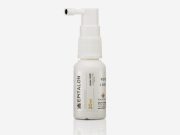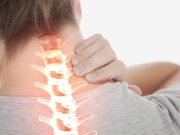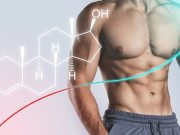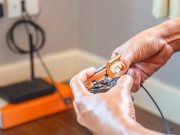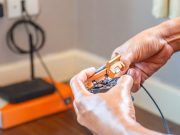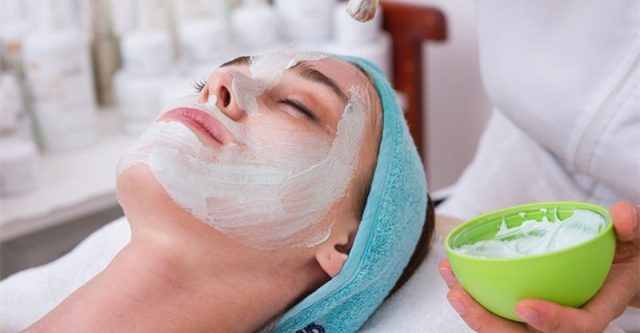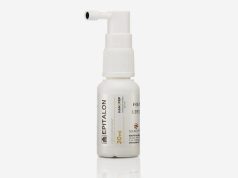It’s widely agreed that most people would like to minimize the signs of aging. Nowadays, there’s more pressure than ever to stay looking young, but it’s crucial to remember that aging is natural, and your overall health will be reflected as you grow older. Wrinkles and fine lines are inevitable, but your back health, hair, and skin texture will also change, often signaling how well you’ve cared for yourself. The fear of aging isn’t necessary, and it’s fine to take pride in your appearance, but true anti-aging lies in how you feel. Old age can be a time of energy, joy, and much more.
Here are all the anti-aging tips you need to keep you looking and feeling youthful!
Anti-Aging: Does It Really Matter?
The anti-aging trend is on the rise as more people choose to accept aging naturally and make the most of their years. This approach is far healthier than striving for the unrealistic ideal of perpetual youth, which can sometimes feel exclusionary. When it comes to anti-aging, the focus can be split between looking young and feeling young. Often, feeling youthful means you’re living a healthy lifestyle, which is sustainable compared to superficial treatments like creams or Botox. In essence, anti-aging is significant because it encourages a healthy way of life as we age.
Why is Anti-Aging So Important?
The topic of anti-aging is controversial, with a growing movement supporting the idea that you should embrace your age without shame. Age should certainly be accepted with grace, but it’s also important to approach aging from a health perspective, looking after your skin and understanding your body’s needs. This holistic view can lead to better physical well-being, and as a result, a happier and more confident you.
Do Anti-Aging Routines Make a Difference?
No matter if you’re taking preventive steps in your 20s or addressing wrinkles in your 40s, certain skin care staples like moisturizer, sunscreen, and powerful retinoids are essential. Depending on your age, other anti-aging ingredients might also be needed to counteract aging signs. A good skincare routine helps maintain a youthful complexion by tackling dark spots, uneven skin tone, and large pores. Remember, it’s also about lifestyle choices like hydration, dietary habits, and exercise. Consistency in your routines is key.
What are the Top Anti-Aging Tips for Hair?
Hair is often overlooked in the anti-aging conversation, but it’s a crucial part of maintaining a youthful appearance. As hair grays and textures change, it requires more care. Here are some hair-care tips for the aging process:
Go Sulfate-Free
Shampoos with sulfates can strip hair of natural oils and protection, leaving it prone to damage. Using sulfate-free shampoos can help maintain the scalp’s balance and keep hair moisturized and vibrant.
Focus on Scalp Care
A healthy scalp contributes to healthy hair. Scalp scrubs can remove buildup that regular shampooing misses, promoting a cleaner base for hair growth and potentially improving hair thickness and shine.
Include Oils and Masks
As we get older, our hair may become drier due to hormonal changes. Using oils and hair masks a few times a week can help maintain moisture, combat thinning, and strengthen hair.
Get Regular Trims
Trimming hair regularly can prevent split ends and breakage, contributing to healthier-looking hair. Depending on your hair type and how you style it, aim to get trims every four to six weeks.
How Does Physical Health Affect Anti-Aging?
Physical health is the cornerstone of anti-aging. It determines how you’ll look and feel for years to come. While genetics play a role, focusing on controllable factors like diet and exercise can make a significant difference.
Strength: Losing muscle mass is common as we age, but with a nutritious diet and regular exercise, the effects can be minimized.
Stamina: You may not have the energy of your youth, but maintaining stamina is vital for everyday activities. Enough sleep, a balanced diet, and consistent exercise all contribute to lasting stamina.
Mental Health: Mental well-being can deteriorate with age due to societal pressures and the natural decline of cognitive functions. Regular physical activity helps release endorphins, improving mental health.
Final Thoughts
Looking and feeling young starts with your mindset. Understand that your age is just a number; it doesn’t define your worth. Despite the persistence of ageism, it’s fading, and you should remember that you are more than your age or appearance. Concentrate on being physically and mentally well, and above all, leading a happy, fulfilling life.












